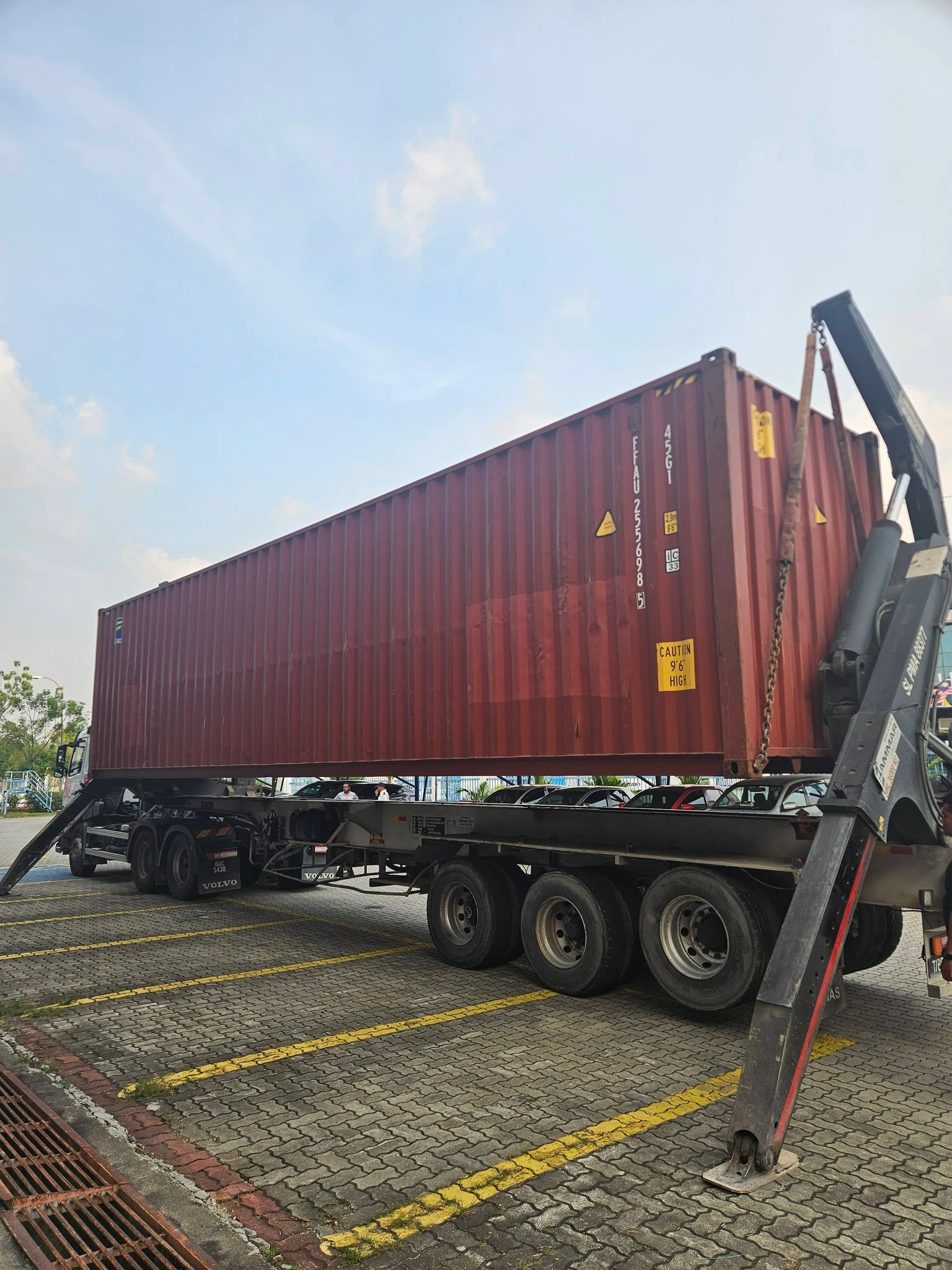The logistics industry is experiencing a transformational shift, driven by rapid digital advancement and the lessons learned from recent global disruptions. To explore this further, in partnership with Reuters Events we recently surveyed 465+ logistics and supply chain professionals worldwide to uncover their approach to digital transformation and the key factors for success.
Investment trends: Unveiling the priorities shaping the future of logistics.
Embracing digital transformation is more than just a necessity for logistics companies – it is now a strategic imperative. The disruptions experienced in global supply chains have served as a wake-up call, compelling organizations to reevaluate their strategies and embrace innovative approaches.
Section one of the report delves into the technology investment landscape of logistics companies, revealing a strong consensus on the need for increased digital capabilities.
An overwhelming 82% of participants reported increasing their technology investments since 2020, underscoring the belief in the transformative potential of these tools. Supply chain management systems (64%), digital documentation (48%), and warehouse automation (39%) were among the key areas attracting investments.
Bridging the gap: Embracing a holistic approach to digital transformation
The good news is that the industry’s ongoing investments in technology indicate a strong desire to harness the benefits of digitalization. However, almost half of respondents have either individual digital transformation projects scattered throughout different departments (36%), or do not know where to start (9%).
A fragmented approach often results in isolated efforts that fail to deliver the full potential of transformation. Worse still, indecision on where to start creates paralysis, hindering progress and delaying the realization of transformation and initiatives.
Section two of the report sheds light on the need for enhanced visibility in operations and the positive impacts of technology investments in this area. Overcoming challenges such as a perceived lack of resources and workforce resistance to change is vital to unlock the full potential of digital transformation.
Driving adoption: Best practices for managing change during technology implementation
Digital transformation involves more than just a great technology solution, and section three of the report highlights the critical role of organizational change management in successful technology implementations.
The human factor, and potential resistance to change, can not be underestimated. It is critical to address both the desire (attitude) and the capability (skills) to change to new ways of doing things.
In our research, an overwhelming 77% of respondents emphasized the importance of comprehensive training to ensure a smooth transition. Additionally, 63% said they needed regular updates and feedback on the progress of the change, and just over half (54%) highlighted the importance of having a dedicated team of change managers.
By equipping employees with the necessary digital skills, organizations can adapt quickly to emerging technologies, seize new opportunities, and navigate the ever-changing business landscape. A workforce well-versed in digital tools and technologies becomes an asset, capable of driving innovation, enhancing operational efficiency, and delivering exceptional customer experiences.






